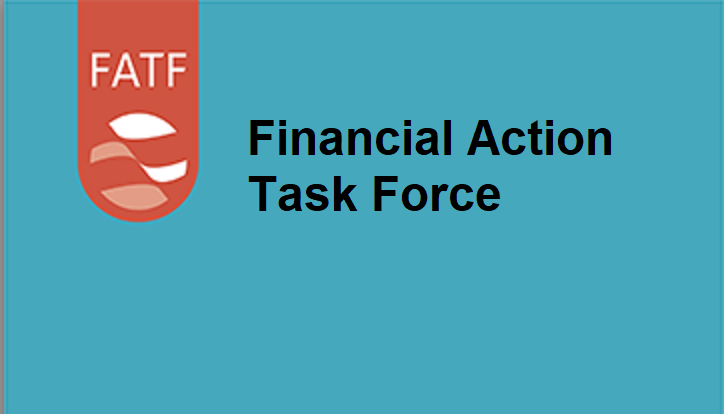Financial Action Task Force (FATF) Proposes ‘Binding Rules’ for Cryptocurrency Exchanges

The Financial Action Task Force (FATF) is now mulling for establishing global ‘binding rules’ for digital currency exchanges. The FATF is an international group of 37 countries combating terror financing and money laundering.
Reuters cited a Japanese government official familiar with the matter stating that FATF will start its discussion later this month to introduce these new rules. Earlier this year in March 2018, top policymakers from the G20 expressed the need to have a unified approach towards dealing with the use of digital currencies for illicit activities.
During that time, the G20 leaders said: “We call on international standard-setting bodies (SSBs) to continue their monitoring of crypto-assets and their risks, according to their mandates, and assess multilateral responses as needed.”
The latest rules by the FATF will be an upgrade over the non-binding resolutions adopted by the FAT two years back in June 2015. The FATF will once again have a detailed assessment on whether the existing rules on anti-money laundering (AML) and other suspicious trading activities are still relevant or not. The FATF will also be looking into working with countries like China who have already imposed a ban on digital currencies. Due to the existing regulations being non-binding, its enforcement within the countries has become inconsistent and ineffective.
The official also said that Japanese authorities want to gain leadership in this matter and promote the adoption of new binding rules by the next year of 2019. The official also made a big claim that the U.S and the European governments can be persuaded into cooperating with the new binding regulations.
In order to bring the cryptocurrency exchange under the ambit of regulatory observations, Japan first introduced a law last year in April 2017 by revising its Payments Services Act which recognizes digital currencies as a legit mode of payments. Under the newly revised act, domestic exchanges were also asked to register and gain an official license from the financial regulator to operate in the country.
Similar to the FATF proposal, Canada also released a draft earlier this year with new crypto regulations for the digital currency exchanges and payment services. The new rules aimed at boosting the country’s AML and crime financing prevention measures.
Earlier this year, the International Monetary Fund (IMF) also sought for global cooperation to have a unanimous decision regarding the regulation of digital currencies. The IMF Chief Christine Lagarde also talked about how digital currencies can prove to be a powerful tool for deepening financial inclusion in the developing world.’


